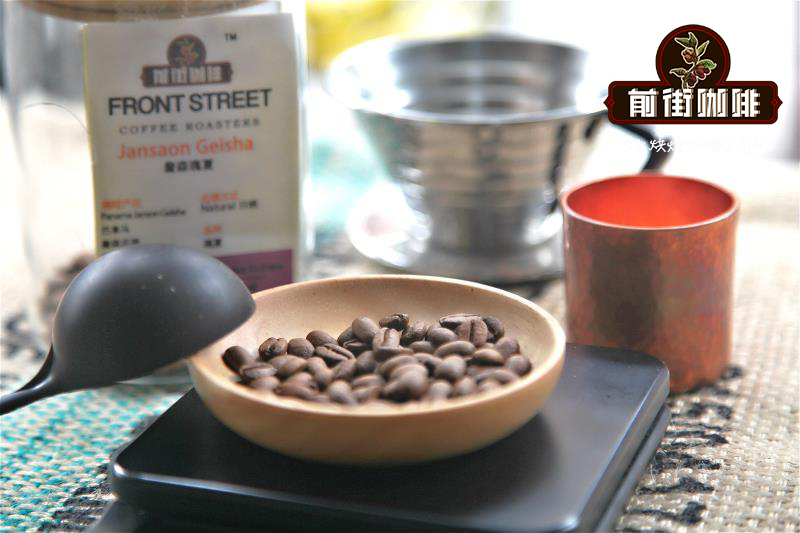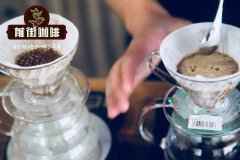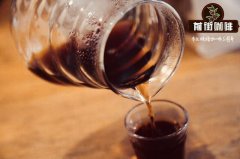Kenya Kirin Yaga Cabingala SL34 Kenyan Coffee Flavor introduction

Professional coffee knowledge exchange more coffee bean information please follow the coffee workshop (Wechat official account cafe_style)
Kenya Kirinyaga Kabingara SL34 washed
Kenya Kirin Yaga Cabingala SL34 washing
Country of production: Kenya Kenya
Producing area: Qilin Yajia Kirinyaga
Washing plant: Cabingara Kabingara
Washing Plant Manager: Newton Mureithi
Altitude: 1600 m
Bean seed: SL34
Treatment: washing Washed
Flavor: red raisin, lime, grapefruit, plum
Kirin Yaga Cabingala Kabingara
The coffee comes from Kirinyaga, in Kenya's central province, and ranks alongside Neri as the best producing area in Kenya, close to the primeval forest of Mount Kenya, and the nearby town of Kerugoya.
The Kabingara washing plant, founded in 1988, is nearly 30 years old. It covers an area of 7 acres and has 700 active members. Coffee farmers in several nearby villages, such as Kamwana, Gatumbi, Kithama and Kathaka, send cherries for processing. Coffee trees grow at 1600 meters above sea level. Cabingala is one of two washing plants under the jurisdiction of the Karithathi Cooperative, and the manager of the washing plant is Newton Mureithi.
Unlike other washers, Cabingara's production is relatively small, which gives them enough space to dry coffee, and other washers often have to put away beans that are not completely dry, creating defective flavors.
Another feature of Cabingara coffee is that it contains up to 99% SL34 and trace amounts of Ruiru 11. The average Kenyan bean is usually a mixture of SL34 and SL28, and there is much more SL28 because the production of SL34 is low and the flavor of Cabingara is quite different from that of other Kenyan washing plants.
Important Notice :
前街咖啡 FrontStreet Coffee has moved to new addredd:
FrontStreet Coffee Address: 315,Donghua East Road,GuangZhou
Tel:020 38364473
- Prev

Kenya Kirin Yaga Balagwe Cooperative Caguo / Highland treatment Plant
Professional coffee knowledge exchange more coffee bean information please follow Coffee Workshop (Wechat official account cafe_style) Kenya Kirin Yagabalwe Cooperative Kenya Kirinyaga Baragwi Kagongo AB TOP Flavor description dry aroma is lemon, honey and frankincense, sipping with citrus, lemon, frangipani, fresh berries and
- Next

Introduction to the Flavor characteristics of Kenyan Coffee in the Cooperative of Kirinyaga Province, Kenya
Professional coffee knowledge exchange more coffee bean information please follow the coffee workshop (Wechat official account cafe_style) basic information country: Kenya producing area: central province, Central, cooperative: Ngariama Farmers Co-operative Society (cooperative) level: AA variety: SL28 and altitude: 2000 m harvest time: February 2016 treatment method:
Related
- Detailed explanation of Jadeite planting Land in Panamanian Jadeite Manor introduction to the grading system of Jadeite competitive bidding, Red bid, Green bid and Rose Summer
- Story of Coffee planting in Brenka region of Costa Rica Stonehenge Manor anaerobic heavy honey treatment of flavor mouth
- What's on the barrel of Blue Mountain Coffee beans?
- Can American coffee also pull flowers? How to use hot American style to pull out a good-looking pattern?
- Can you make a cold extract with coffee beans? What is the right proportion for cold-extracted coffee formula?
- Indonesian PWN Gold Mandrine Coffee Origin Features Flavor How to Chong? Mandolin coffee is American.
- A brief introduction to the flavor characteristics of Brazilian yellow bourbon coffee beans
- What is the effect of different water quality on the flavor of cold-extracted coffee? What kind of water is best for brewing coffee?
- Why do you think of Rose Summer whenever you mention Panamanian coffee?
- Introduction to the characteristics of authentic blue mountain coffee bean producing areas? What is the CIB Coffee Authority in Jamaica?

